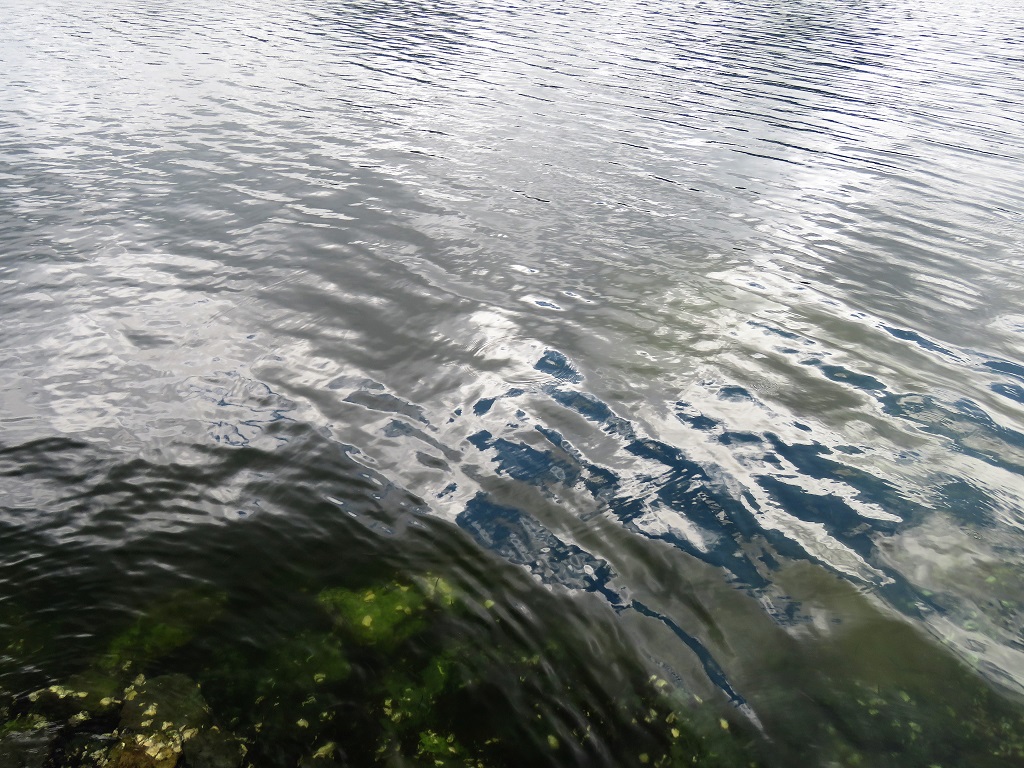On Pleasure and Learning
Philosophic hedonism.— The soul naturally inclines toward beliefs, solutions, behaviors, and aims that promise the greatest pleasure. Education is primarily the process of unlearning the childhood weakness for mistaking the quickest or most immediate pleasure for the greatest pleasure. The educated person is thus the one who habitually forgoes the near or easy pleasure in favor of the distant, rarefied one, and the...








